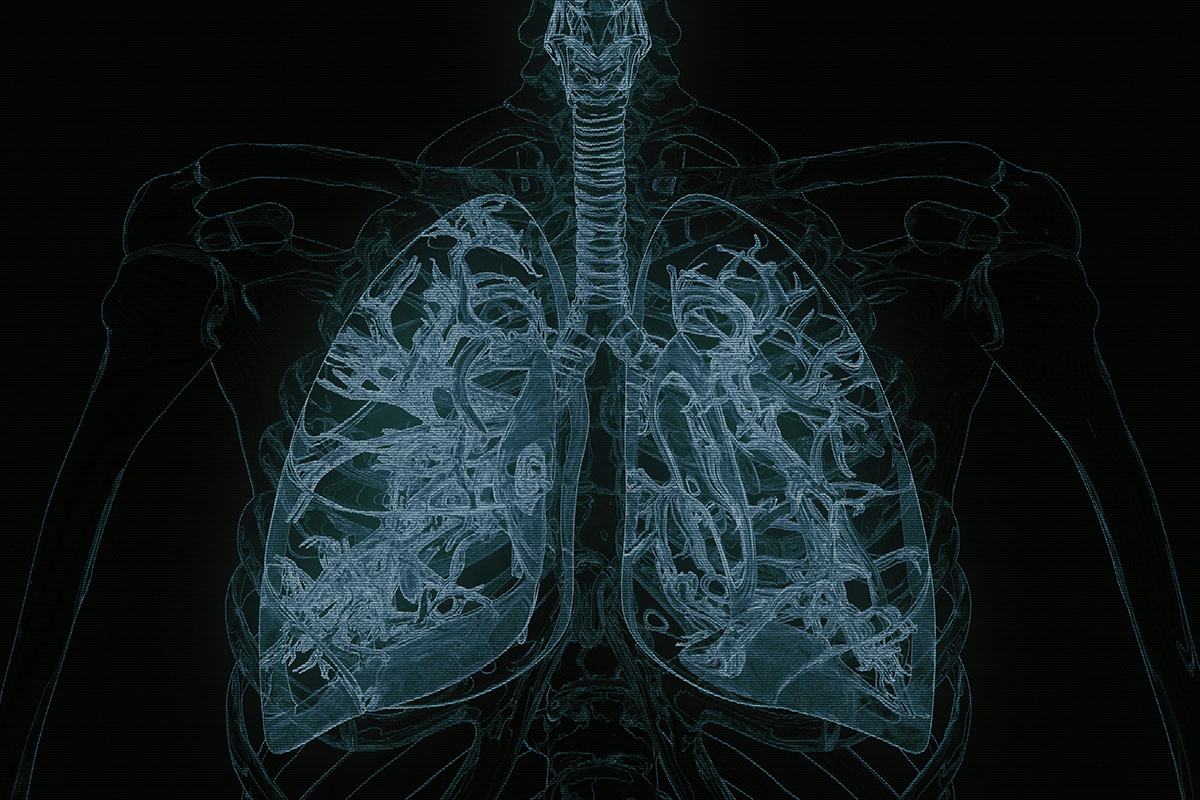January 8, 2015; San Jose Mercury News
In California, an unusual battle has emerged regarding the sale of six nonprofit Daughters of Charity hospitals in the state. At a rally, two camps weighed in on different sides of the issue—two different unions.
On one side were members of the Service Employees International Union, who oppose the sale of the nonprofit hospitals to the for-profit Prime Healthcare Services chain. “Prime Healthcare is not a good fit for the community or the patients,” said Gregg Woods, an SEIU member. SEIU’s opposition stems from charges that Prime “has a history of gutting services for low-income patients and slashing workers’ pay and benefits” and has been charged by the federal government with overbilling Medicare by improperly diagnosing patients. Rather than Prime, SEIU apparently has favored an acquisition by the New York City-based private equity firm, Blue Wolf Capital, but the Daughters of Charity board has already rejected Blue Wolf because its acquisition would actually leave the Daughters still as owner of the hospitals, with Blue Wolf getting paid a $24 million annual management contract.
On the other side is the California Nurses Association, which supports the purchase of the Daughters of Charity hospitals by Prime. Apparently, the hospitals are near bankruptcy. The Nurses Association apparently thinks that Prime has the ability to protect the hospital from bankruptcy and in doing so protect staff pensions and uphold existing union agreements. In its proposed purchase, Prime has committed to keep the hospitals open for at least five years, maintain charity care programs, pay off the Daughters’ tax-exempt bonds and liabilities, and update the facilities. Apparently, some of these commitments are the results of a deal that the CNA itself struck with Prime.
Sign up for our free newsletters
Subscribe to NPQ's newsletters to have our top stories delivered directly to your inbox.
By signing up, you agree to our privacy policy and terms of use, and to receive messages from NPQ and our partners.
However, the CNA doesn’t represent all of California’s nurses. Those who actually work at one of the hospitals up for sale—St. Francis Medical Center in Los Angeles—are part of United Nurses Associations of California/Union of Health Care Professionals (UNAC/UHCP), and they stand with SEIU, having filed a lawsuit together against Prime back in October. A spokesperson for UNAC/UHCP, who calls the union the largest of its kind in Southern California, said in a release that the nurses at SFMC “believe a sale will risk the loss of important community services, endangering lives.”
Part of the problem here is that CNA and SEIU have been increasingly at odds in a number of situations over hospital policies elsewhere in the state. The CNA typically represents nurses while the SEIU represents technicians and other hospital employees. Sometimes, because of their different memberships, they find themselves accepting or rejecting deals at odds with the other union. This undercuts the belief of so many conservatives that unions walk in lockstep. Rather, they have different interests depending on whom they represent and what the economics of the situation might be.
An intriguing part of the issue here is that despite the odd structure of the Blue Wolf offer, the question really doesn’t appear to be nonprofit vs. for-profit. Both unions appear to think they can structure a deal that works for their members and for the communities the hospitals serve without particular reference to the type of ownership. In a way, it is sad that the nonprofit ownership and management structure of the hospitals doesn’t seem to be a significant factor in the debate. It may be yet another indication that while nonprofit ownership and management matter a great deal in many other parts of the economy, in hospitals, “nonprofitness” is increasingly not much of a distinguishing factor.—Rick Cohen
This article has been changed from its original form. After publication, NPQ was contacted by a representative from UNAC/UHCP, who provided new information and a different perspective on the events as they happened.











